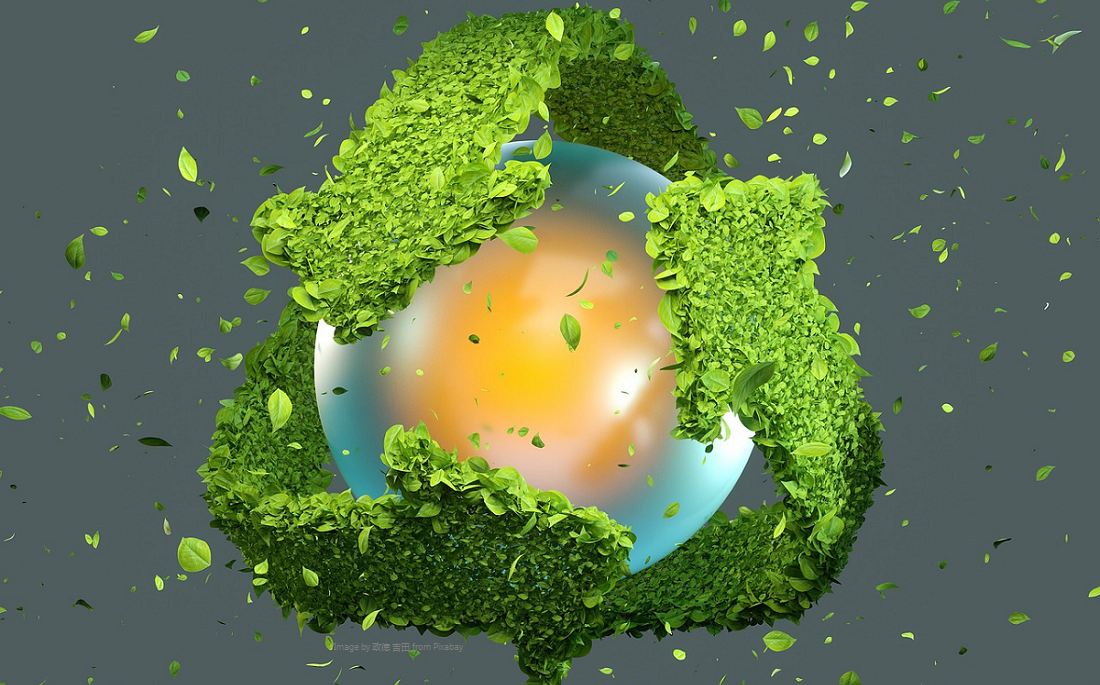
March 18th is Global Recycling Day and this year’s theme is ‘Recycling Heroes’ to recognize those who demonstrate the critical role that recycling plays. This includes what these recycling heroes do to help keep the environment clean and balanced. By recycling, we help decrease the need for collecting and processing non-renewable resources like coal and oil, and raw materials like trees. All these activities contribute to the pollution of our air and water, as well as increase greenhouse gas emissions thus affecting the climate. Recycling saves energy and reduces the hazardous effects of greenhouse gases such as the continued rise of global temperatures, melting ice caps, and the increased danger of wildfires. Really, we all could be recycling heroes by the actions we take. Here are activities to try with your class, even in a hybrid learning environment:
- Similar to a K-W-L (Know-Want to Know-Learned) chart, set up a simple presentation in MimioConnect® Blended Learning Platform and add responses and questions in real time. Start with a question, “Why is recycling important?” Add responses as students volunteer them or use the Collaboration tool so students can annotate on the slide using their device. Then ask, “What do you want to know about recycling?” If needed, use the think-aloud method to add to the “W” slide (I want to know how recycling affects the temperature. I want to know how we can recycle water). Revisit the presentation periodically as you facilitate lessons about this topic. At the end of the series of lessons, review this presentation to reflect on the learning. Take it a step further by adding polling questions for this concluding discussion to gauge student learning.
- Conduct an investigation that will engage students in the learning as well as improve critical-thinking skills. An easy-to-use STEM tool is the Labdisc portable STEM lab. Besides the portable lab itself, this STEM-based tool includes climate-related lessons available like Greenhouse Effect, Weather and Climate, and Coping with a Warm Environment.
- Investigate how water can be “recycled” with the MyStemKits Water Filtration Kit. The lesson plans included with this kit tackle real-world issues such as droughts, hurricanes, and accessing safe drinking water. MyStemKits offers a free trial to explore their lessons, many of which are designed to be used with a 3D printer. MyStemKits also has Virtual STEM activities for times when students must learn remotely.
- Encourage students to make personal recycling goals. Fairly simple, short-term goals can include sorting recyclables consistently at home. Challenge them to come up with goals that can affect the community or the area they live in, like groups to clean the neighborhood or local beaches and parks. They can even use social media to promote their work to inspire others to get more involved.
- Have students create a culminating project that encourages recycling, including composting. The project can be a poster, slide presentation, short video, infographic, “TED Talk”, mini-lesson, etc. There are so many options and by providing your students with a choice, they are boosting their inquiry skills and seeing themselves as problem solvers. Encourage creativity but remind them that factual information needs to be used, including citations and references.
Of course, Global Recycling Day is one day but these activities can take place over the course of several weeks, or months, depending on the depth of investigation. The ultimate goal is to have your students think about the world around them and how they can have a stake in making it better.
For more information on STEM lessons and tools to use with your students, go to mimio.boxlight.com/stem-education.


